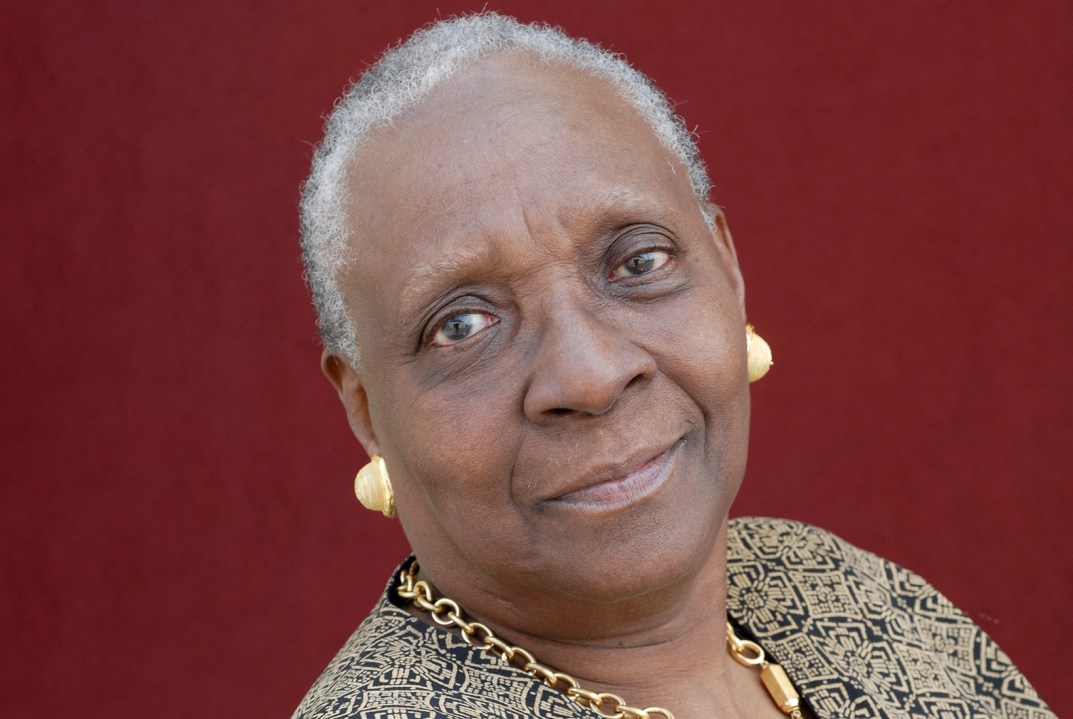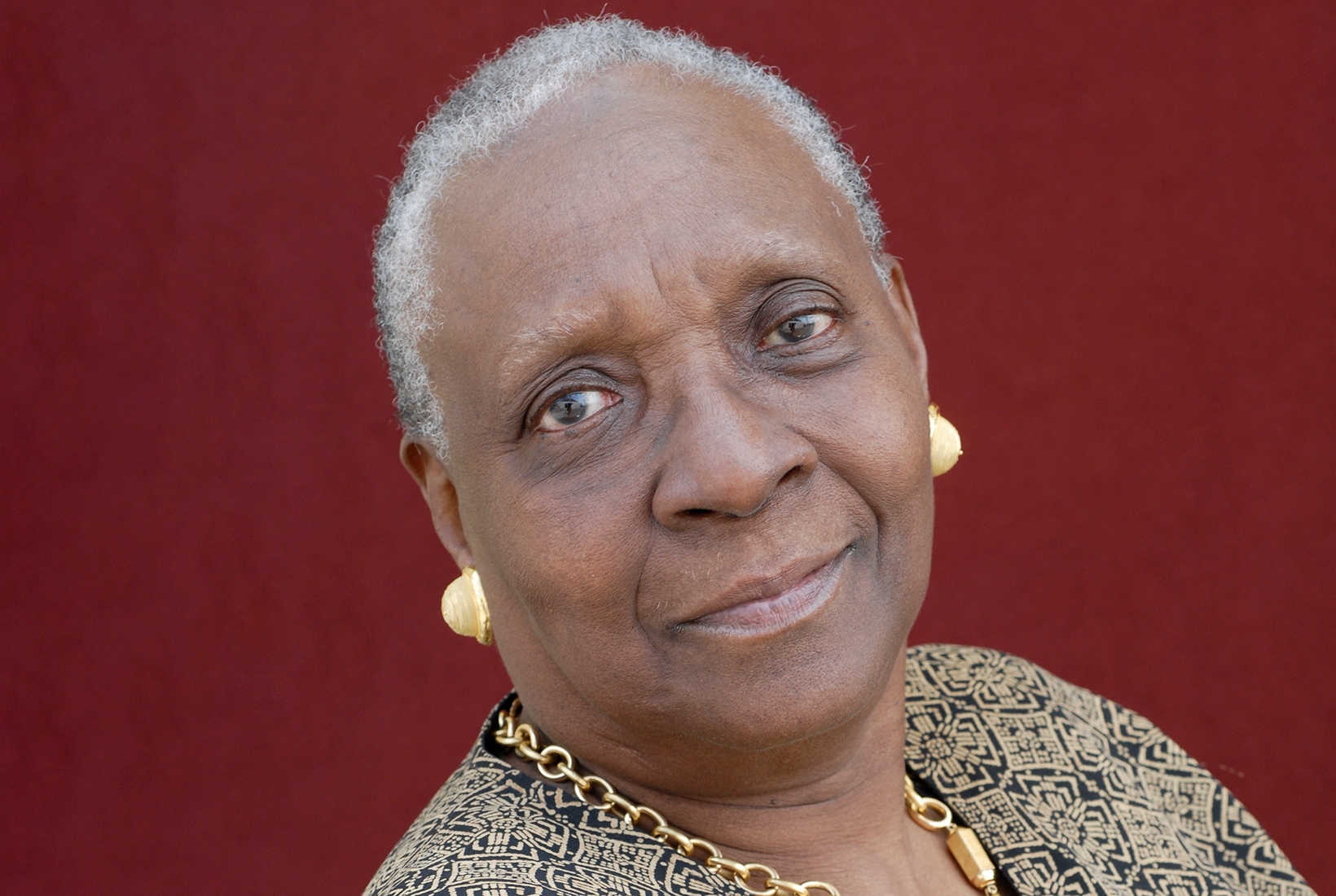Twins are literary dynamite. For writers, they’re perfect for thrashing out notions of free will, the pinballing of cause and effect and fate’s arbitrariness. One twin reflects the other, darkly: living proof of the road not taken, the life not lived.
In Maryse Condé’s The Wondrous and Tragic Life of Ivan and Ivana this point is rather laboured — literally, as we first meet the titular pair when they are dragged from the ‘warm and tranquil abode’ of their mother’s womb. They emerge bawling into contemporary Guadeloupe, where their mother Simone ‘works herself to the bone in the sugarcane fields’. Things don’t improve much when they seek their fortunes abroad, first in Mali, then in France. The siblings are variously abused, kidnapped, trafficked, radicalised, caught up in terrorism and finally they fall in with a couple of polyamorous French gymnasts. It’s a ride.
The novel gives voice to the countless lives buried by the fleeting news cycle, reminding us that behind the bombings, shootings and boat capsizings are real people in desperate straits. It’s a pity, then, that the tale is told in such lumpen prose. Some sentences have all the zip of cold porridge slouching from a spoon. Amorous Ivan is ‘built like a young bull capable of satisfying the entire human race’. Elsewhere we’re informed that ‘unfortunately, colonisation destroys everything in its path’. Perhaps something has been lost in translation.
But the book’s difficulties run deeper than its galumphing style. Poor Ivana is constantly left in the shadow of her roistering brother. He gets all the action and the lion’s share of the interiority, while she’s described exclusively from the outside: fragrant, saintly, long-suffering — and dull. Even the narrator tires of her: ‘We know what you’re thinking. Once again you’re going to blame us for not paying enough attention to Ivana.’ The point, no doubt, is that women are doubly silenced: first by circumstance, then by misogyny. But there’s a difference between identifying a problem and fully exploring it — and there the novel stumbles.
Condé’s subjects are timely, and there are flashes of the moral clarity which won her the 2018 ‘Alternative Nobel’ in literature. But they are muffled in a book which can’t make up its mind what it wants to be. ‘We have decided not to change a single word of our story,’ she writes. ‘You can take it or leave it.’ It’s quite an invitation.







Comments